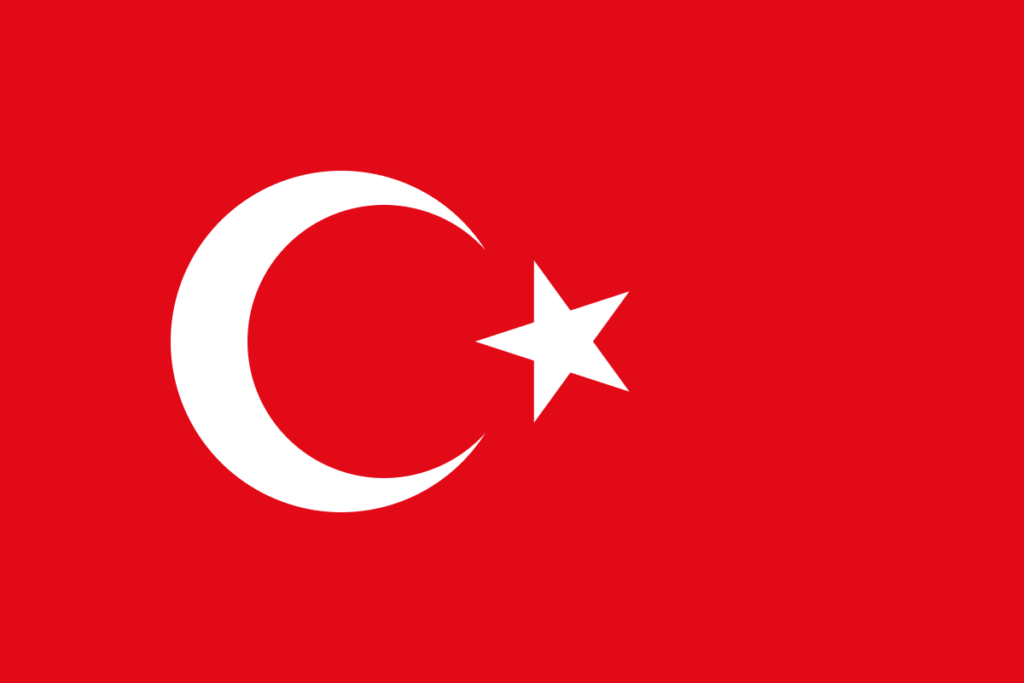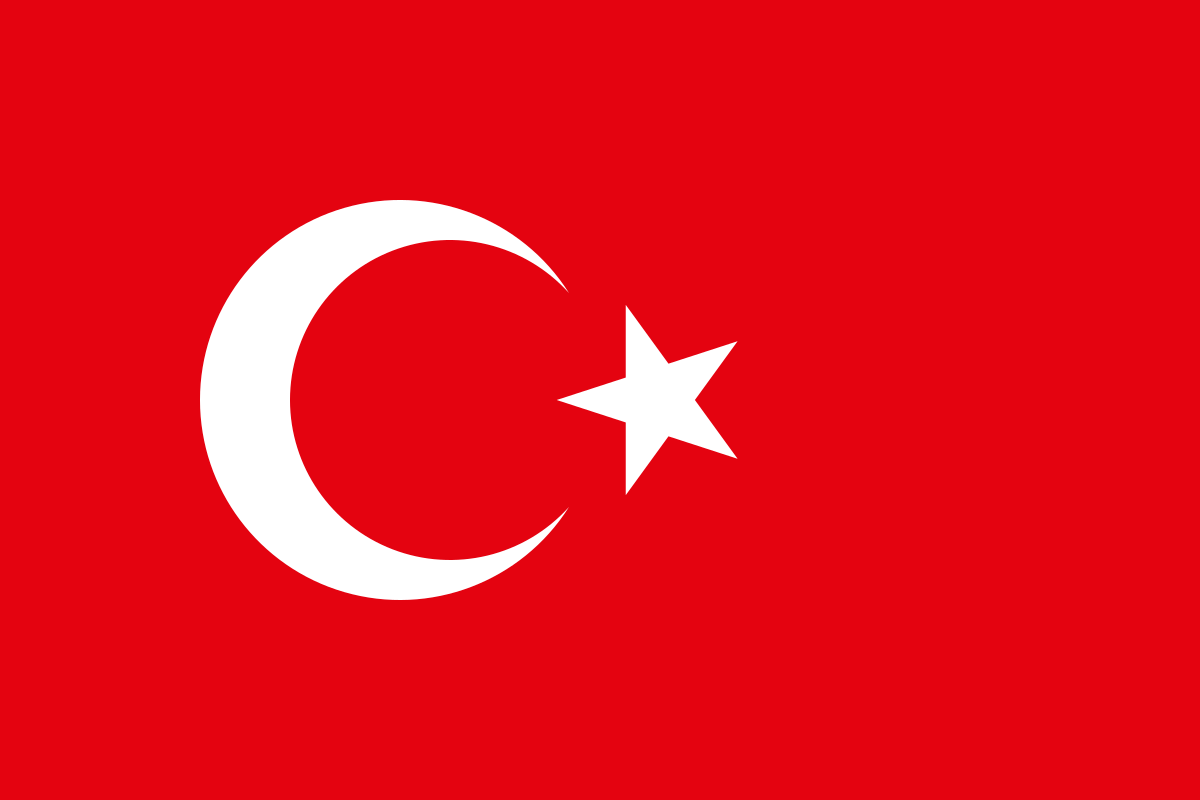
A growing boycott movement in India against Turkey, triggered by its support for Pakistan during ‘Operation Sindoor,’ could cost the Turkish economy over ₹7,200 crore, experts estimate. Indian citizens, outraged by Turkey’s stance, are shunning Turkish products and services, impacting key sectors like tourism, marble, and apple exports.
Tourism Sector Reels with 3,000 Crore Hit
Turkey’s tourism industry, a major draw for Indian travelers, is facing a severe setback. Annually, around 3.3 lakh Indian tourists visit Turkey, contributing approximately 3,000 crore to its economy. However, the boycott has prompted leading Indian travel platforms like MakeMy Trip and EaseMyTrip to suspend Turkey tour packages. Bookings have plummeted by 60%, with cancellations surging threefold, according to industry reports.
Marble and Apple Exports Take a Blow
The boycott’s ripple effects are hitting Turkey’s export market, particularly marble and apples, which are significant in India’s import basket.
Marble: Turkey supplies 70% of India’s imported marble, valued at ₹2,500-3,000 crore annually. The Udaipur Marble Processors Association has halted Turkish marble purchases, signaling a major disruption in trade.
Apples: Indian traders, especially in Pune, have stopped importing Turkish apples, potentially causing losses of ₹200-700 crore.
Total Economic Impact
The cumulative losses from the boycott could exceed ₹7,200 crore, representing about 8% of the ₹89,000 crore bilateral trade between India and Turkey in the 2023-24 financial year.
Rising Nationalism Fuels the Movement
The boycott is not just economic-it’s a reflection of growing nationalist sentiment in India. Social media platforms are abuzz with hashtags like #BoycottTurkey, as citizens rally behind domestic products. “We are proud to support Swadeshi and reject Turkish goods,” said a Pune-based trader who recently canceled Turkish apple imports.
Analysts suggest the movement could strain India-Turkey diplomatic ties, with long-term implications for bilateral trade. Indian companies are already exploring alternatives, such as sourcing marble from Italy or Vietnam and apples from Himachal Pradesh or Washington.
What’s Next?
As the boycott gains momentum, more Indian businesses may phase out Turkish products entirely. The economic and political fallout could reshape trade dynamics, with India sending a strong message on the global stage.




